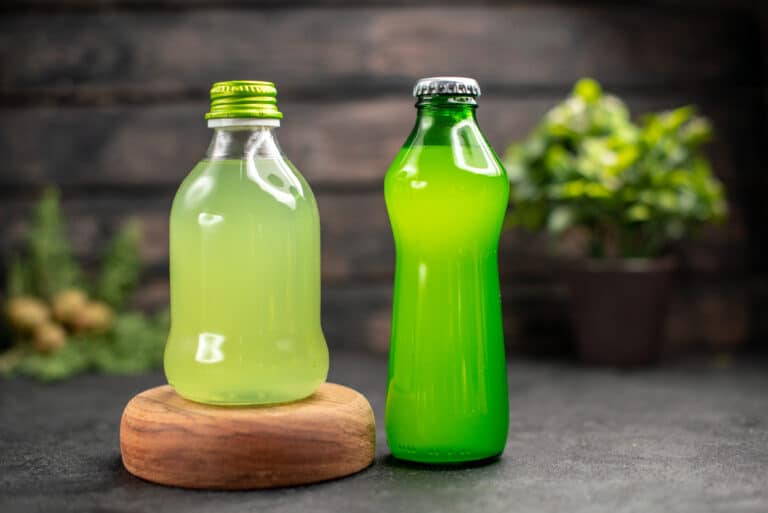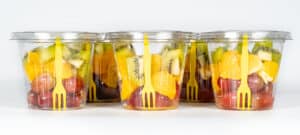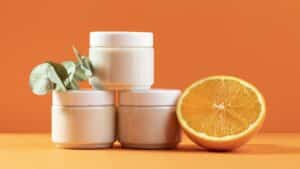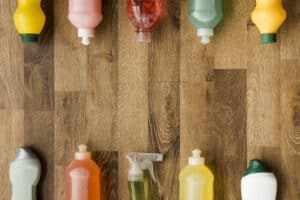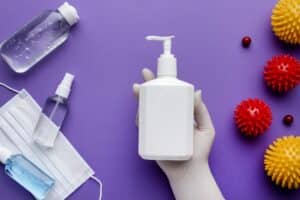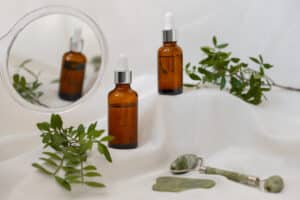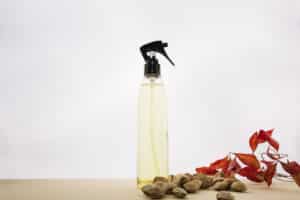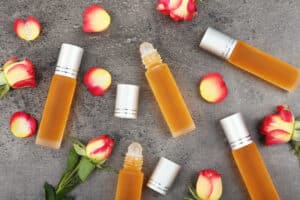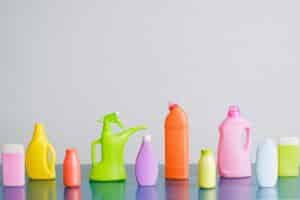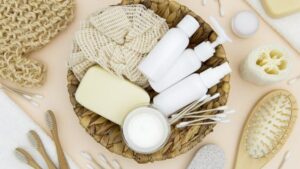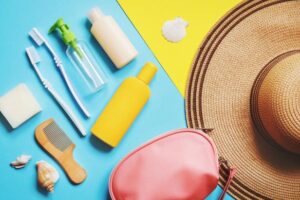Plastic bottles are made from a variety of materials, including PET, HDPE, and PVC. PET bottles are made from a polymer called polyethene terephthalate, and are often used for food and beverage packaging. HDPE bottles are made from a polymer called high-density polyethene and are often used for cosmetics packaging. PVC bottles are made from a polymer called polyvinyl chloride, and are often used for cleaning product packaging.
The best plastic bottle for drinking water is one that is made of high-quality materials and is designed for safety and durability. There are many different types of plastic bottles on the market, but not all of them are created equal. Some are made with cheaper materials that may leach chemicals into the water, while others are made with BPA-free plastic that is safe to use. When choosing a plastic bottle for drinking water, it is important to consider the quality of the bottle and its materials.
What plastic is used for carbonated drinks?
There are several different types of plastics that can be used for carbonated drinks, but the most common type is polyethene terephthalate (PET). PET is a strong, lightweight plastic that is highly resistant to breaking and shattering. It is also clear, so it can show off the bright colours of carbonated drinks.
What is the safest plastic bottle for?
There are many different types of plastic, and each has its own advantages and disadvantages. The safest plastic bottle to drink from is made of polyethene terephthalate (PET). PET is a strong, lightweight plastic that is shatter-resistant and has a low risk of leaching chemicals into food or beverages.
How do you know if a bottle is BPA-free?
There are a few ways to tell if a bottle is BPA-free. One way is to look for a label that says the product is BPA-free. Another way is to look at the bottom of the bottle. If the bottom of the bottle has a #7 in the recycling symbol, it contains BPA. If the bottom of the bottle has a #1, 2, 4, or 5, it does not contain BPA.
What is the least harmful plastic?
There is no definitive answer to this question as it depends on a variety of factors, including the type of plastic, how it is used, and where it ends up. However, some plastics are generally considered to be less harmful than others. For example, polyethene terephthalate (PET) and high-density polyethene (HDPE) are both relatively safe plastics that are often used in food and beverage containers. On the other hand, polyvinyl chloride (PVC) is a type of plastic that is often used in construction and is considered to be one of the most harmful plastics due to its release of toxic chemicals.
What is the healthiest water bottle to drink from?
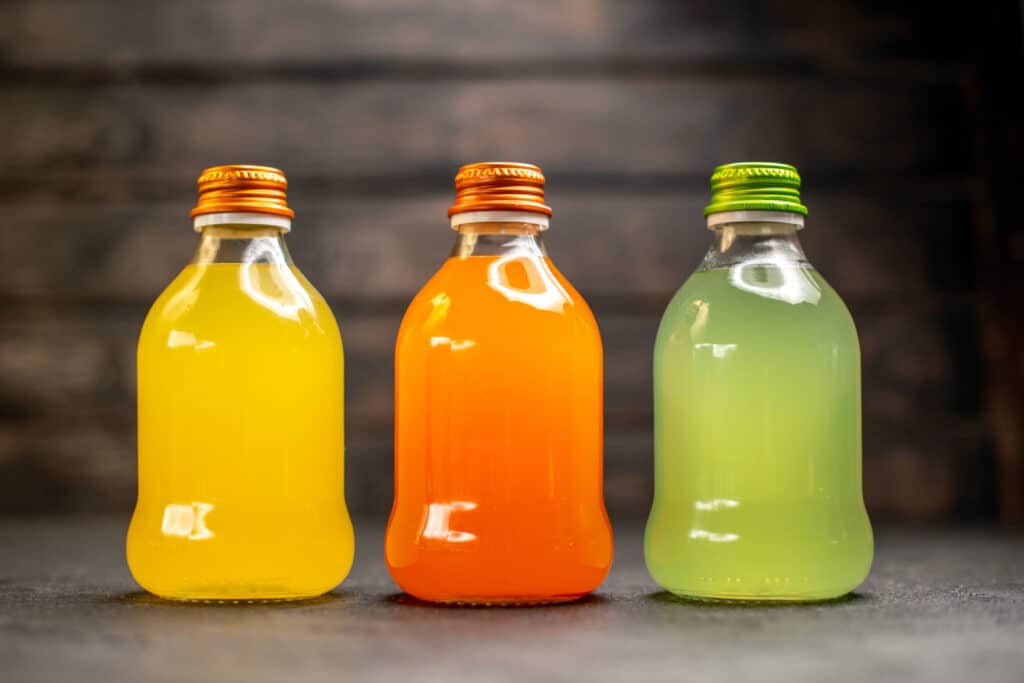
The answer to this question is not as simple as it may seem. There are many different types of water bottles on the market, and each has its own set of pros and cons.
Glass water bottles are often seen as the healthiest option, as they do not leach chemicals into the water. However, they are also the heaviest and most breakable option.
Stainless steel water bottles are a good middle ground, as they are durable and do not leach chemicals. However, they can be more difficult to clean than other options.
Plastic water bottles are the lightest and most portable option, but they can leach chemicals into the water, especially if they are not BPA-free.
Ultimately, the best water bottle for you is the one that fits your lifestyle and needs. If you are looking for a durable and chemical-free option, glass or stainless steel is the way to go. If you need a light and portable option, plastic is a good choice.
Which drinking water bottle is best for health?
- Make sure the bottle is made of safe materials. Some water bottles are made of plastic that may contain harmful chemicals. Look for bottles made of stainless steel or glass, which are safer options.
- Consider how the bottle will be used. If you plan on using the bottle for exercise, make sure it is easy to drink from and won’t leak. If you just want a bottle to keep at your desk, you may not need one with all the bells and whistles.
- Choose a size that is comfortable for you. Water bottles come in a variety of sizes, from small to large. Choose a size that will fit easily in your hand or bag.
- Consider your budget. Water bottles can range in price from a few dollars to hundreds of dollars. Choose the one that fits your needs and budget.
The best water bottle for your health is the one that meets your needs and preferences. There is no “one size fits all” when it comes to water bottles, so take the time to find the right one for you.
What is the healthiest plastic bottle for beverages?

There are many different types of water bottles on the market, and it can be hard to know which one is the healthiest to buy. However, there are a few things to look for that can help you choose the healthiest water bottle for your needs.
First, consider the material that the water bottle is made from. Some materials, like plastic, can leach chemicals into the water that can be harmful to your health. Glass or stainless steel water bottles are a much safer option.
Second, look for a water bottle that has a wide mouth. This will make it easier to clean the bottle and will also allow you to put ice cubes in the water to keep it cold.
Finally, choose a water bottle with a filter. This will help to remove any impurities from the water, making it safer and healthier to drink.
What is the safest container to drink water from?
There are many different types of containers that can be used to hold and store water, but not all of them are created equal. While any container can technically be used to hold water, some are better suited for the task than others. When it comes to choosing a container for drinking water, safety is of the utmost importance.
glass or stainless steel water bottles are the safest options when it comes to drinking water. Glass is non-porous and does not contain any chemicals that could leach into the water, making it the healthier choice. Stainless steel is also a safe option, as it does not contain any chemicals that could potentially contaminate the water. Plastic water bottles should be avoided if possible, as they can leach chemicals into the water, making it unsafe to drink.
Parting Thoughts
If you’re looking for a safe and reliable way to store your beverages, then a plastic bottle is the way to go. Plastic bottles are made from food-grade materials and are BPA-free, making them a safe option for storing your drinks. Plus, they’re lightweight and shatter-resistant, making them perfect for the on-the-go.

